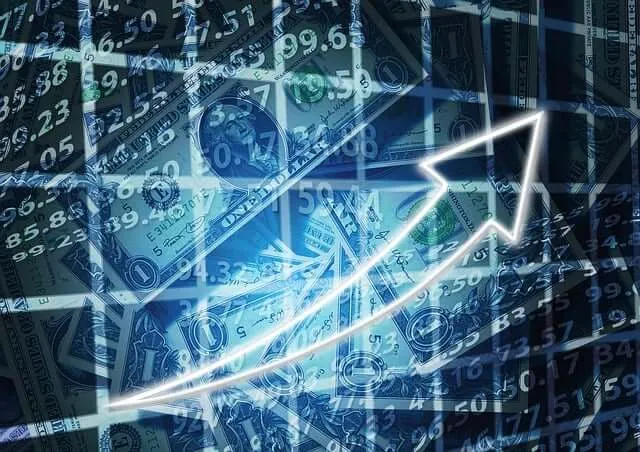The Effect of Import Costs on the Profitability of Precious Metals Trading in Greece
A large number of Greek investors have been more attentive to the layers behind the returns on their investments. As the demand in physical assets escalates, people are increasingly becoming conscious not just of prices in the markets, but also the real costs of holding physical commodities. Of those costs, import costs have started taking a bigger share in determining how profitable such investments can actually be. In Greece, a large part of the precious metals supply is imported, and the factor of import costs cannot be overlooked.
Each export or import of gold, silver, or platinum that enters Greece is accompanied by a variety of extra charges. These may include customs duties, VAT, insurance, and handling charges. These costs can be absorbed more easily by institutional traders. However, to individual investors, particularly first-time participants in the arena, the effect of these kinds of fees can dramatically impact the profitability of a transaction. That which appears to be a reasonably priced investment on paper may in actual sense have a startling premium when all the costs are factored.

Image Source: Pixabay
The Greek market is relatively small in comparison to other European centers, thus more often than not, it relies on international supply chains in order to satisfy demand. Such dependence has caused local traders to be especially vulnerable to any changes in global logistics and regulation. Any slight delay or rate increment in transportation can result in trimming down the profit margins or missing trading windows by investors. It is a relationship that has to be handled with the right combination of timing, planning, and local knowledge. Such considerations tend to enter into the way that Greeks approach precious metals trading, particularly when it is the short-term returns that are being sought.
On an individual level, there has been a reaction by tuning strategies among some of the Greek investors. Rather than insisting on physical delivery as the only possible option, many are now looking at other types of exposure, such as metal-backed certificates or storage-based trading accounts. These are the ways to be involved in the metals market without taking the direct expense of imports. Not everyone is ready to abandon physical assets and move to other convenient and cost-effective options, but the ease of use and affordability is steadily changing the mindsets.
Such obstacles, notwithstanding, the emotional allure of physical metals is undeniably solid. Holding gold physically is somehow more comforting than a virtual token, particularly to the people who have the experience of unstable finances. That sentimental attachment must now be balanced against realities, though, more cautiously. Greek investors are becoming more conscious of the fact that in order to make intelligent decisions, they have to know the entire financial story, not simply the spot price.
Another side effect of this increased awareness has been both families and solo traders spending more time researching suppliers, fee structures, and getting to grips with the regulatory environment. It is no longer merely a quest to get the best price per ounce. It is about knowing the source of that ounce, how it will enter the country and what costs will be brought with it.
With a growing sophistication of the Greek investment community, the discussion regarding precious metals trading is taking a new turn. They no longer focus solely on market trends or economic projections. They now incorporate logistics, tariffs, and the part played by government policy. This is an indicator of a wider coming of age in the way Greeks perceive the metals market, no longer simply viewed as a store of value, but as an ecosystem which requires considered engagement.
Comments